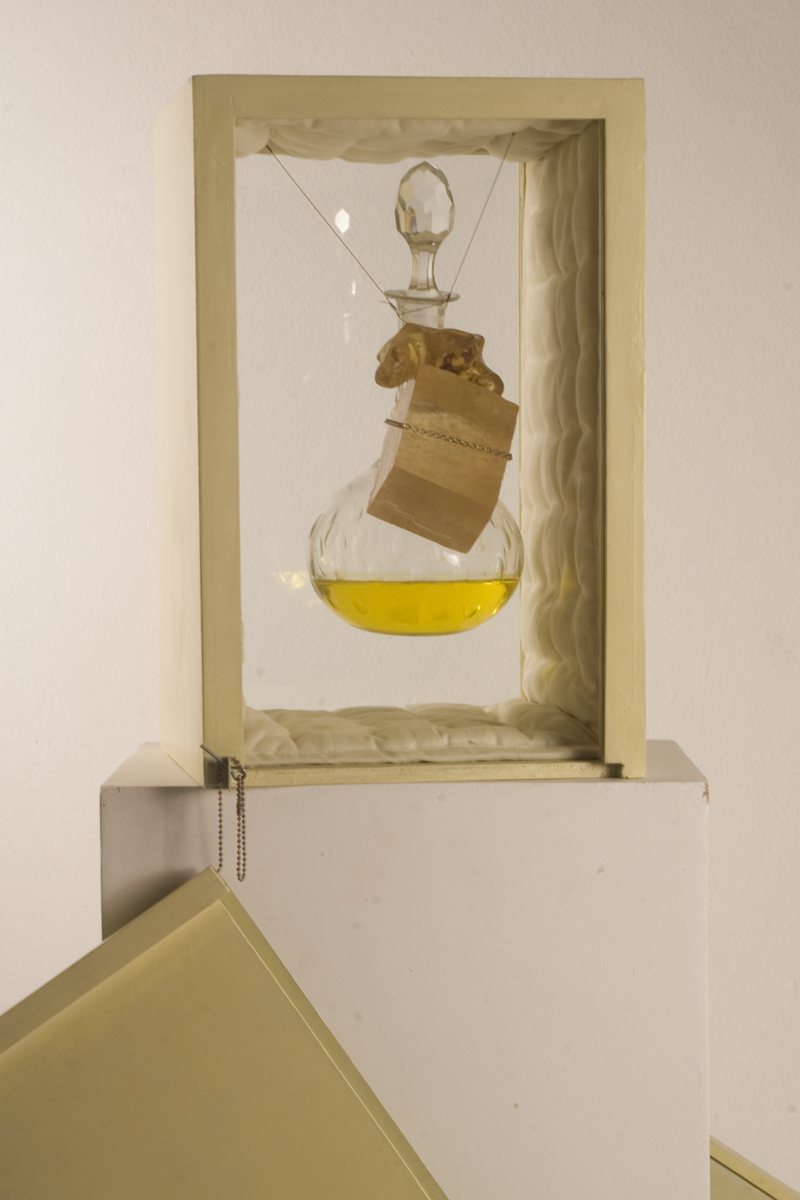22
- The discovery of phosphorus was a feat of German alchemist Hennig Brand (1630-1710), thanks to its attempts to produce gold from urine. Brand met in 1669, 50 gallons of urine in the basement of his home and added them to chemicals that was arbitrarily choosing. The resulting slurry was subjected to a distillation process, where the vapors should become gold when cooled in water.
What resulted, however, was a substance that glowed in the dark. Instead of producing gold, he discovered phosphorus. For, with Hennig Brand’s added chemicals, the urine, an ammonium sodium phosphate, was turned into a sodium phosphate that, upon boiling, decomposed and released phosphorus. A typical case of serendipity.







